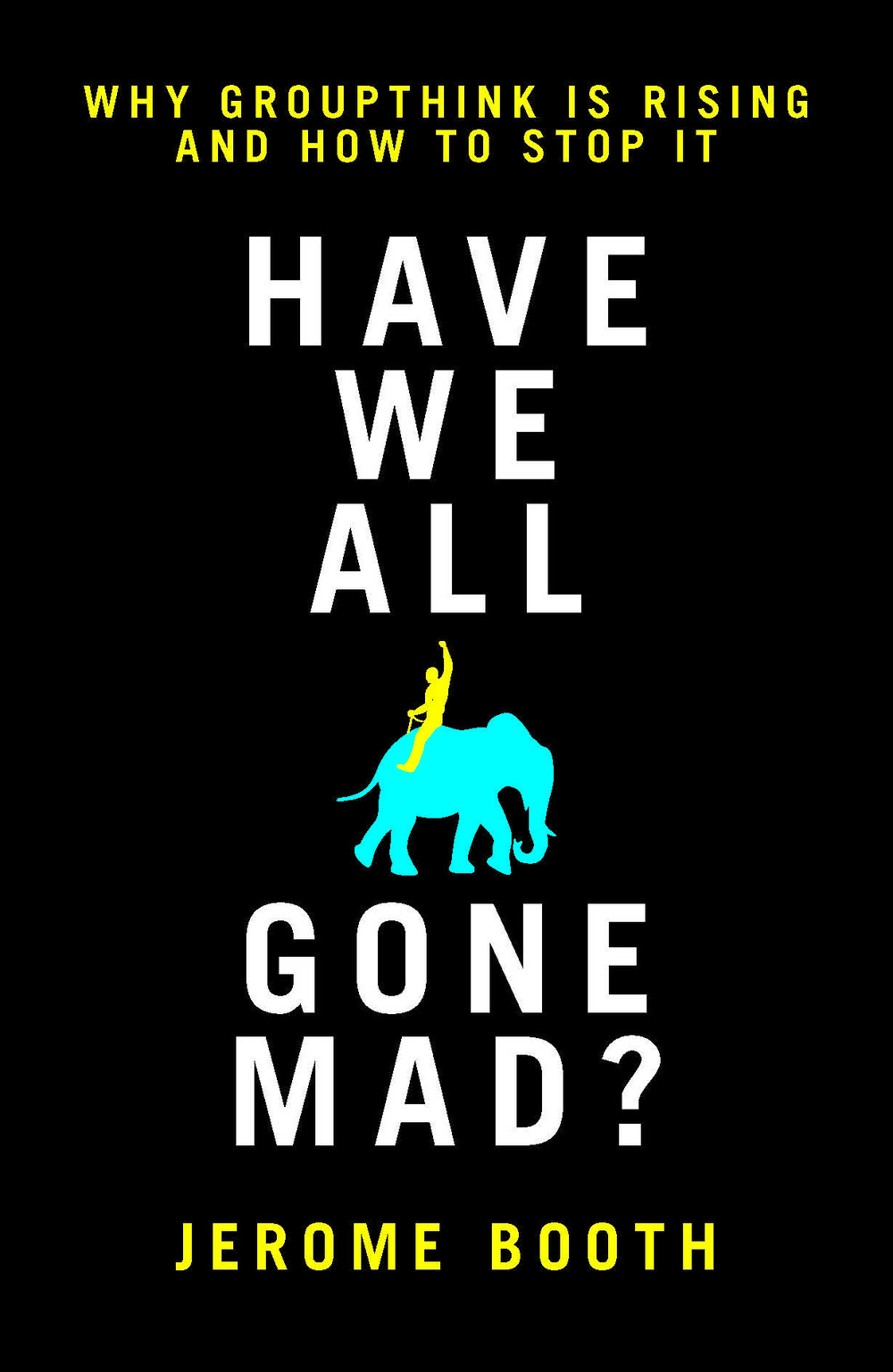Have We All Gone Mad?
Why groupthink is rising and how to stop it

Groupthink often goes unrecognised and is not confined to boardroom or small-group decision-making. Mass groupthink amongst the elite affects millions of people and is a real problem. It needs challenging for the sake of better private and public decisions, for our mental health, for a strong society and in order to preserve the benefits of liberalism and democracy.
Of the various forms of collective irrationality, groupthink is particularly dangerous. It involves adherence to a faulty consensus, often has a binary moral dimension (one is seen as either virtuous or evil) and is sustained through fear to challenge. Counter-intuitively, the most intelligent and erudite amongst us are particularly susceptible, and when groupthink takes hold vigorous efforts are made both to stop any challenge or debate and to bully and punish transgressors — one either believes wholeheartedly or is a heretic, with no room for doubt.
Mass groupthink has increased as our use of new media has reduced our tolerance of and ability to form balanced views. It has led to financial mismanagement leading up to the 2008 crisis and beyond; poor decision-making at the onset of Covid-19; exaggerated, unchallenged claims which have motivated nonsensical policies; and distortions in academia and journalism.
In this remarkable and prescient book, Dr Jerome Booth investigates why some of us have abandoned reason, science and history in favour of trite memes, intolerance and hatred.
Have we all gone mad? Or can we identify the patterns and causes of what is happening and try to stop it?

Jerome Booth is a well-known economist and emerging markets expert. He has a doctorate in economics from Oxford, has been a national and international civil servant and was a founder of Ashmore Investment Management. He has been chair of Anglia Ruskin University and of a major national charity (UKCF), as well as of a number of arts organisations. He is also chairman of the Global Warming Policy Foundation. His first book, Emerging Markets in an Upside Down World: Challenging Perceptions in Asset Allocation and Investment, a critique of finance theory, was published by Wiley in 2014. He lives in Saffron Walden.
